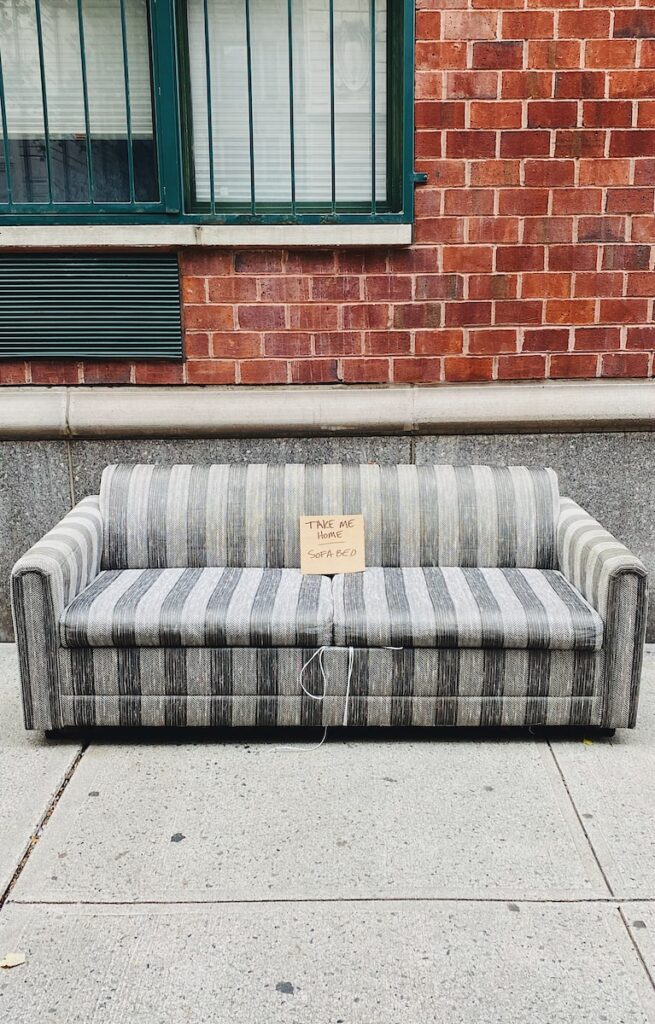Persistent Organic Pollutants: Why UK POPs regulations don’t go far enough
Nick Oettinger, CEO and Founder of The Furniture Recycling Group (TFR Group), reveals what new legislation targeting so-called ‘forever chemicals’ in common household items means for the recycling and reuse of soft furnishings.
Persistent Organic Pollutants (POPs) Regulations have been in place since 2007, but the Environment Agency clarified that from 1 January 2023, it will be measuring waste compliance against these regulations.
The Environment Agency has confirmed that soft furnishings/domestic seating containing POPs can no longer be disposed of in landfill, mixed with waste streams containing non-POPs, reused or recycled, but these regulations do not cover mattresses and other soft furnishings that fall outside of the domestic seating category.
This new legislation was introduced in response to an investigation carried out by the Environment Agency last year, that found significant levels of POPs in soft furnishings. POPs are toxic chemicals that affect human health and the environment. They break down slowly, persist for long periods of time in the environment and can pass through the food chain. The manufacture, sale and use of products containing POPs is now banned.
The new legislation is a positive step forward for the environment and the sector as it ensures that the toxic chemicals that reside within POPs are destroyed safely and can’t be reintroduced by creating new items. However, the legislation only covers domestic seating, such as sofas, sofa beds, armchairs, stools, futons and bean bags, and it is unknown when progress will be made for other soft furnishings, such as mattresses.
The industry also currently faces a lack of capacity to deal with this new waste stream, as it is expected that several hundred thousand tonnes of waste will now be directed to EFW facilities. Instead, other soft furnishings such as mattresses that fall outside of these regulations will need to be diverted elsewhere, and companies should seek to prioritise recycling and reuse initiatives, such as those available at The Furniture Recycling Group (TFRG), that are equipped with the capability to divert 100% of mattresses from landfill/EFW facilities.

The new ban will go a long way to helping reduce the impact of toxic chemicals on our planet, however it is a reactive measure which only tackles the issue after the fact. For us to fully advance towards a safe and successful circular economy, an extended producer responsibility (EPR) scheme is the most essential tool.
An EPR scheme would ensure that businesses that manufacture, import, and sell products are held responsible for the waste that they generate. This would encourage producers to design better household products, such as mattresses, with recycling and reuse in mind, use of materials which don’t harm our environment and therefore eliminate these kinds of issues all together. The drop-down effect would inevitably put pressure on retailers to choose a responsible manufacturer to partner with for the furniture they sell, including mattresses.
The new legislation is contributing to a POP-free, safe and successful circular economy in some degree, but there are many other considerations to make, whether that be the types of furnishings covered by the legislation, improving EFW facilities to successfully deal with the capacity of new waste streams, or addressing the issue at the root of the problem, that is by implementing an EPR scheme across all furniture.
Image: Collab Media (Top) / Uliana Koliasa (Bottom)
















